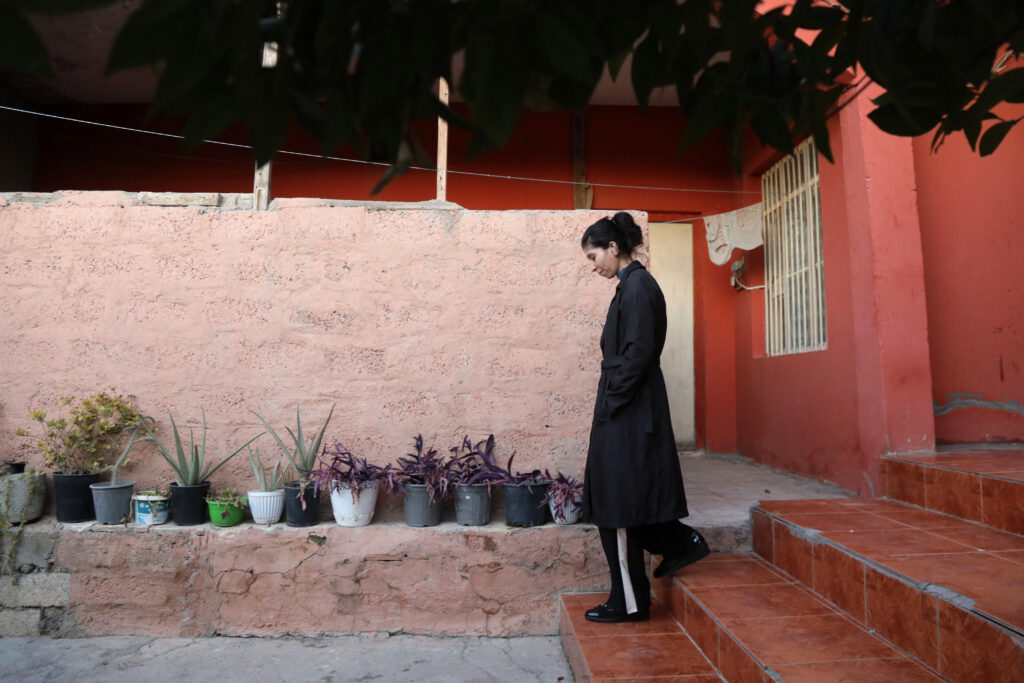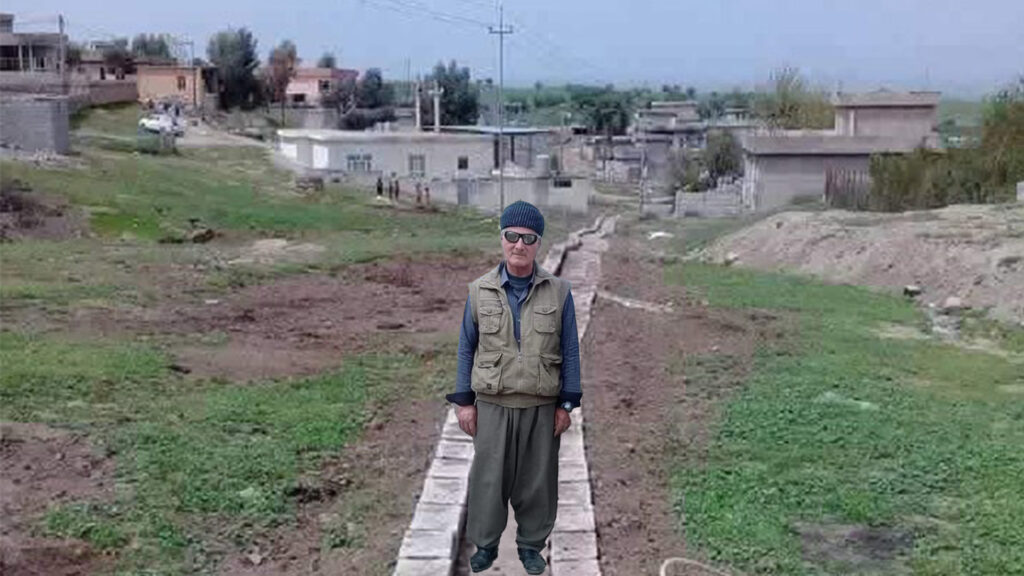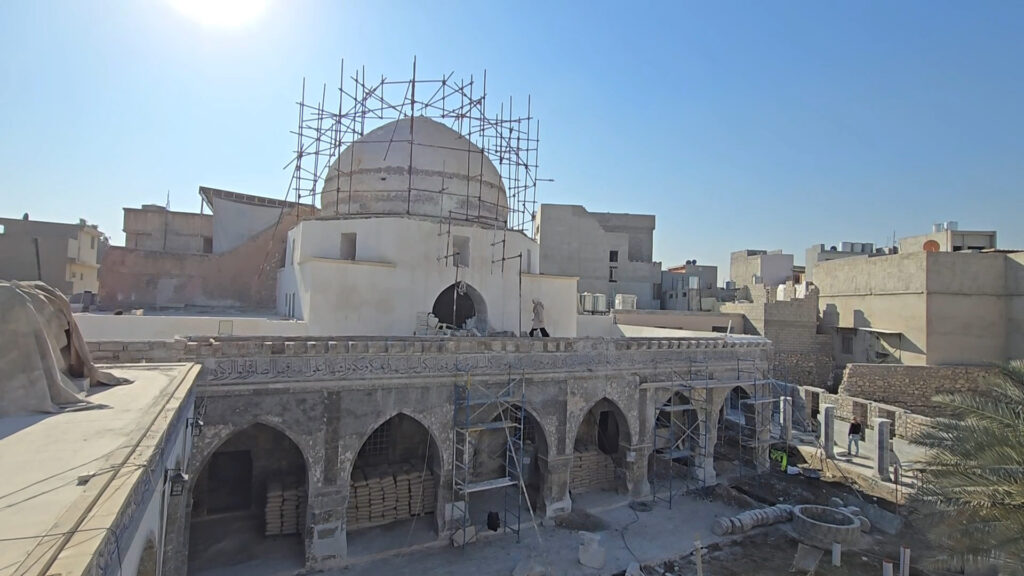Iraq and Syria are facing new climate changes … the reason is Turkey

Turkey continues to build huge dams on its lands and fill them with waters from the Tigris and Euphrates rivers near the borders with Syria and Iraq, which places both border countries with it grappling with new problems related to climate change and agriculture. , in particularly as most residents of Syrian and Iraqi cities near the Turkish border depend on agriculture as their main source of income.
Climate change such as drought and desertification threaten Syrian and Iraqi farmers on both sides of the border, after Turkey has worked in recent years to build massive water projects, such as the nearby Ilisu Dam on the Syrian border triangle. Iraq and Turkey after that questThe latter reduced the amount of water flowing through the Euphrates and Tigris rivers to Syria and Iraq.
Khurshid Deli, political analyst and specialist researcher in Turkish affairs, said: “Turkey’s policy related to reducing the amount of flowing water in Iraq and Syria is certainly not new, but the current development is caused by Turkey’s recourse to filling new dams such as the Ilisu Dam, which has led to an increase in the quantities of water that Ankara prevents from flowing through the Tigris River towards the Iraqi territory.
Dali added to “Al Arabiya.net”that” reducing the amount of water flowing from Turkey to the Iraqi side will result in greater suffering for the Iraqis, especially since Iran practices a policy similar to that of the Turkish side, which has led to damage to agriculture and a high rate of desertification and drought “.
He continued: “It may require the new Iraqi government to pay attention to water affairs and push Turkey to negotiate water quantities under previous agreements,” noting that “without this, the water war will continue and help create more problems. in Iraq and in Syria alike “.
Today Iraq has become one of the five most vulnerable countries in the world to the consequences of climate change, according to the United Nations, with continued drought, low rainfall, high temperatures and accelerated desertification against the backdrop of falling water levels in the Tigris River.
Iraq’s journey to the Tigris River begins in the mountains of Kurdistan at the crossroads of Iraq, Syria and Turkey, where residents of the Syrian and Iraqi sides make their living by planting potatoes and raising sheep, but Iraqi authorities and Kurdish farmers in Iraq accuse Turkey of cutting water by holding it in the dams it built on the stream before arriving in Iraq.
According to official statistics, questthe amount of water flowing from Turkey to Iraq does not exceed 35 percent, a small percentage compared to previous years.
The more water is retained, the less the river flows, which stretches for 1,500 kilometers that the Tigris crosses before merging with its twin, the Euphrates, and converging into the Shatt al-Arab, which flows into the Gulf. And the course of the Tigris and Euphrates rivers in some areas and villages of Syria and Iraq has transformed in small puddles of water.
The quantities flowing from Turkey to Iraq constitute a source of tension between Ankara and Baghdad, which constantly asks the Turkish side to release greater quantities of the running water that flows into its territory, a problem that Syria also suffers against in the background of the Turkish detention of large portions of the Euphrates River.





